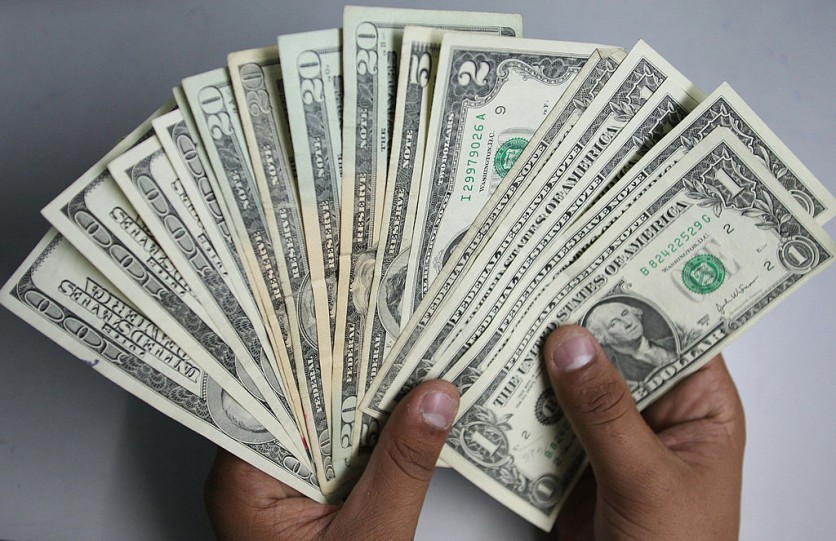Even if money cannot buy joy, it could boost life satisfaction, as the latest US government survey suggests.
In 2021, under 5% of United States residents reported being unhappy with their lives. It is noteworthy that households making less than twice the federal poverty threshold-about $55,000 for a four-person household-were more disappointed, according to US News & World Report.
Troublingly, 8% of these lower-income Americans stated they weren't pleased with their existence—a rate more than double the 3.6% amongst higher-earning individuals. This data supports the generally agreed-upon link between contentment in life and wealth.

Nevertheless, lead author Amanda Ng spotted distinct variances in life gratification related to age and specific to lower-income US citizens. White and black Americans were less cheerful than Hispanic and Asian Americans within this demographic group. Moreover, middle-aged people from 45 to 64 expressed more dissatisfaction with their older or younger counterparts.
Better Life Quality Equals Improved Wellness
Intriguingly, Americans were not as happy compared to those from other countries. These differences baffled researchers since they did not apply to US residents with higher salaries. However, the findings remain unexplained. James Maddux, a top scientist at George Mason University's Center for the Progression of Wellbeing noted that these income-related outcomes coincide with other research.
The US study also indicated that life satisfaction tends to be poorer in countries with low income; however getting access to basic needs such as sanitized water, safe housing, food security, and healthcare services improves it.
Maddux thought that it could be challenging to notice life's positive factors when striving for necessities like meeting financial obligations, securing health protection, or preserving monetary stability becomes a struggle. However, usually, happiness in life begins to increase once people gain a certain monetary steadiness level & after that starts impacting satisfaction but at a slower pace until it plateaus.
Experts: Pursue a Meaningful Life Instead
Experts say that while money might give us a feeling of stability and control, our relationships and connections are what make us happy. According to a Harvard Business Review article, pursuing material success, such as large promotions or money accumulation, often makes pleasure unachievable. In the end, pursuing riches might divert people from activities that would improve their lives more.
Instead of chasing money-oriented accomplishments with a persistent attitude, experts suggest finding enjoyment in relationships with people and concentrating on what counts.
Joshua Becker, founder and editor of Becoming Minimalist, noted that people are prioritizing money as they believe that it will bring happiness.
"But when it takes priority over other more life-giving pursuits, not only does it not contribute to our happiness—it distracts us from it. And this is why the belief that more money will make us happier is so dangerous—it may be the very pursuit keeping us from it," he wrote in his article, published by Forbes.

ⓒ 2026 TECHTIMES.com All rights reserved. Do not reproduce without permission.




